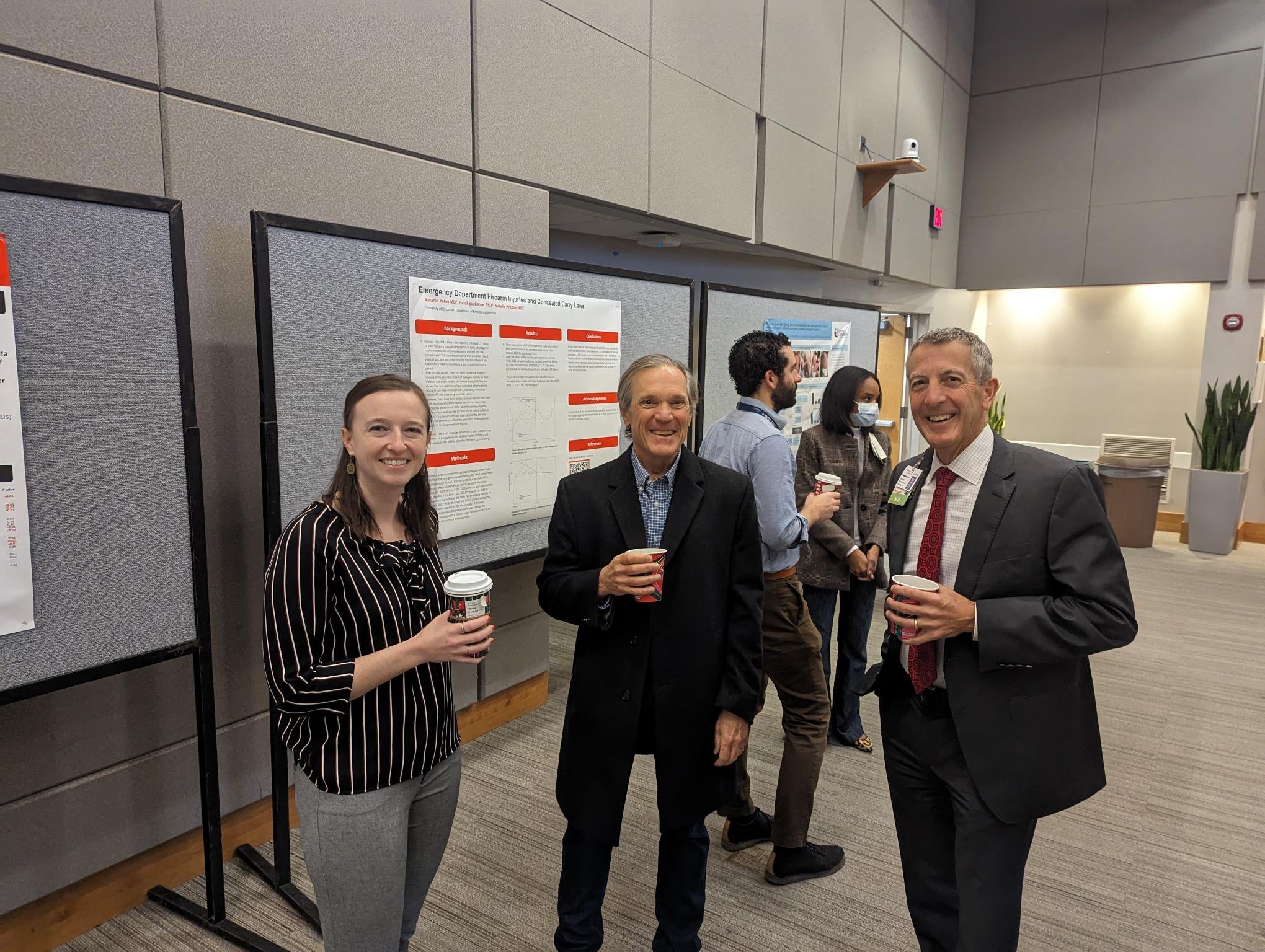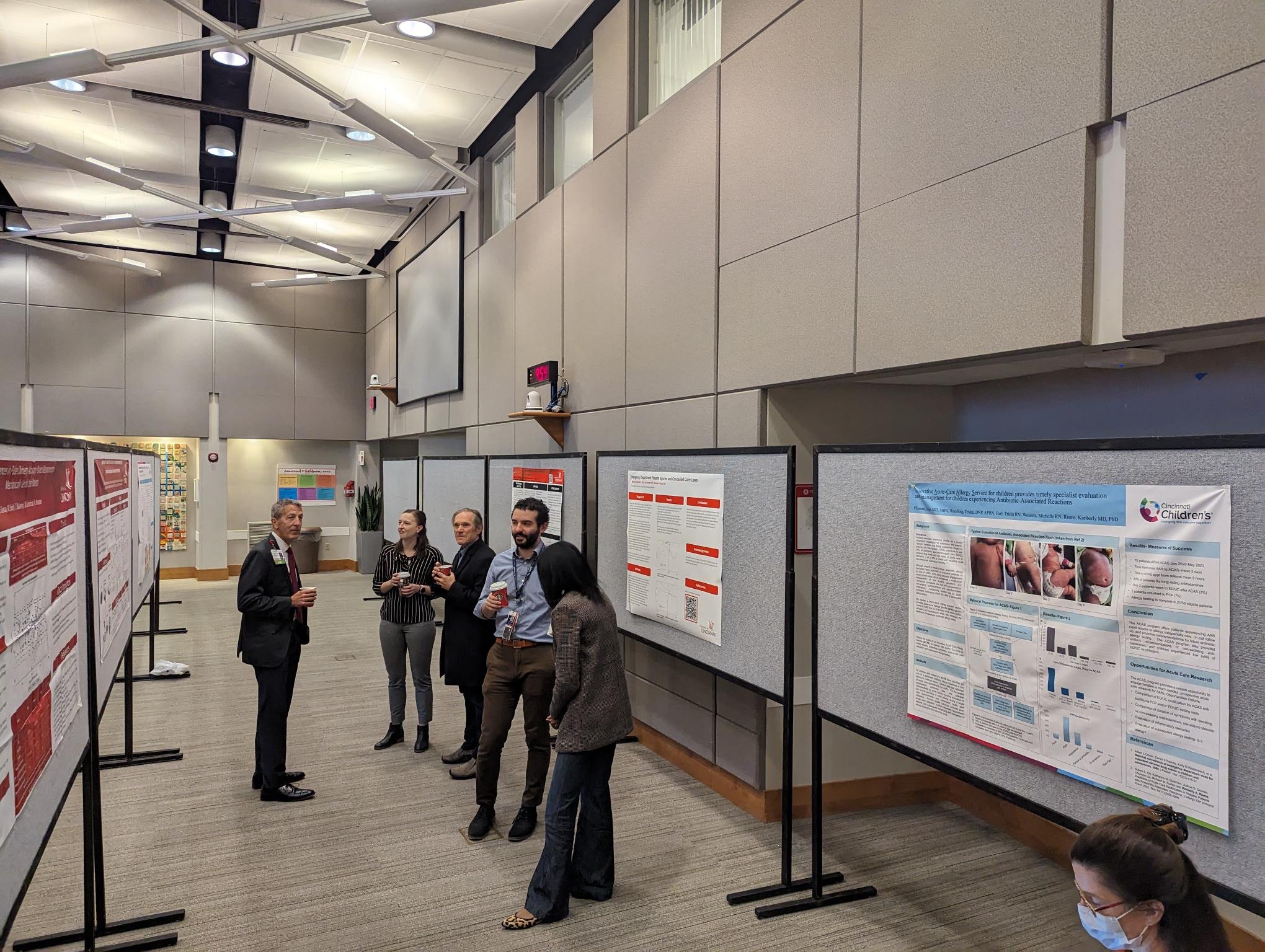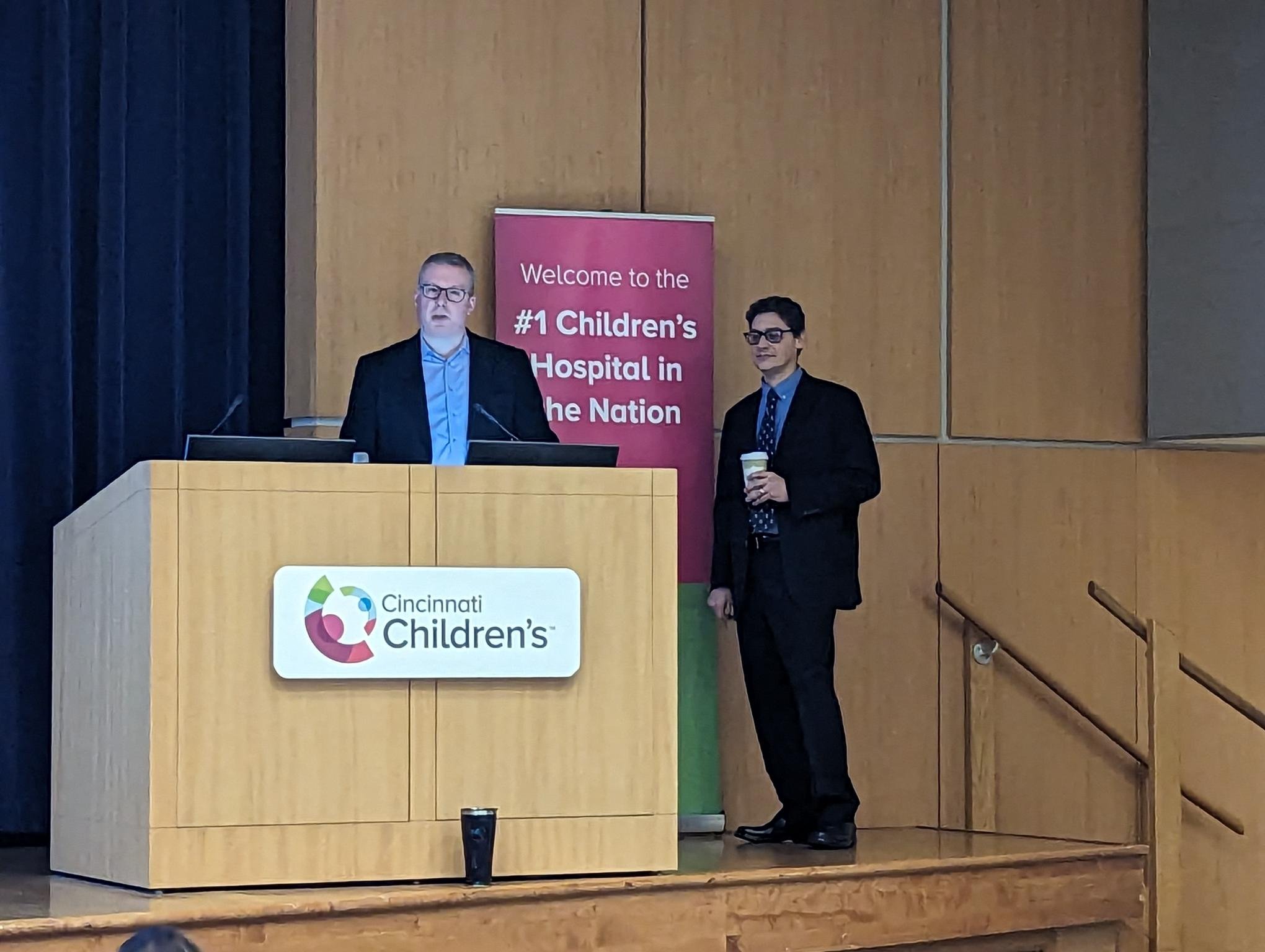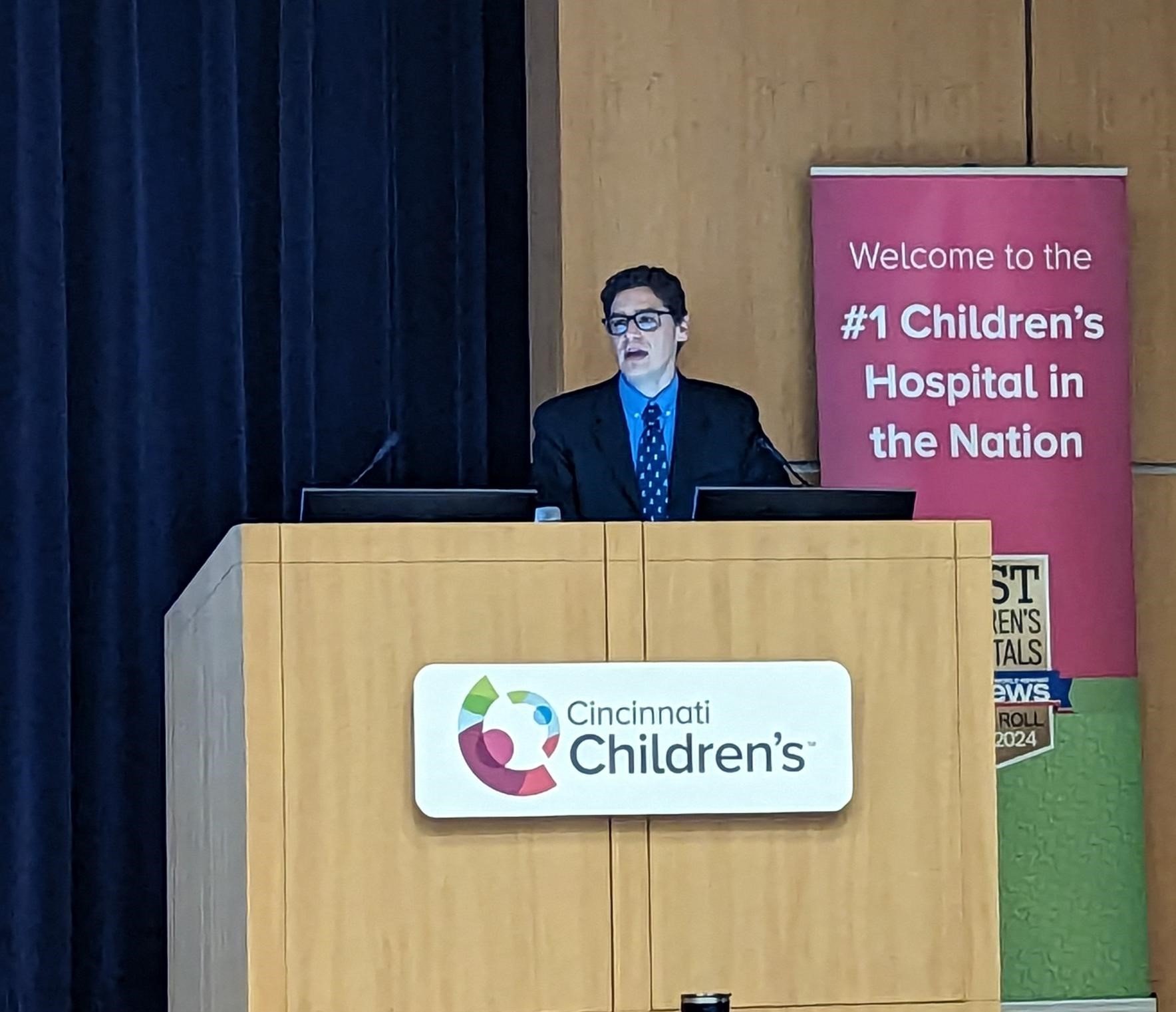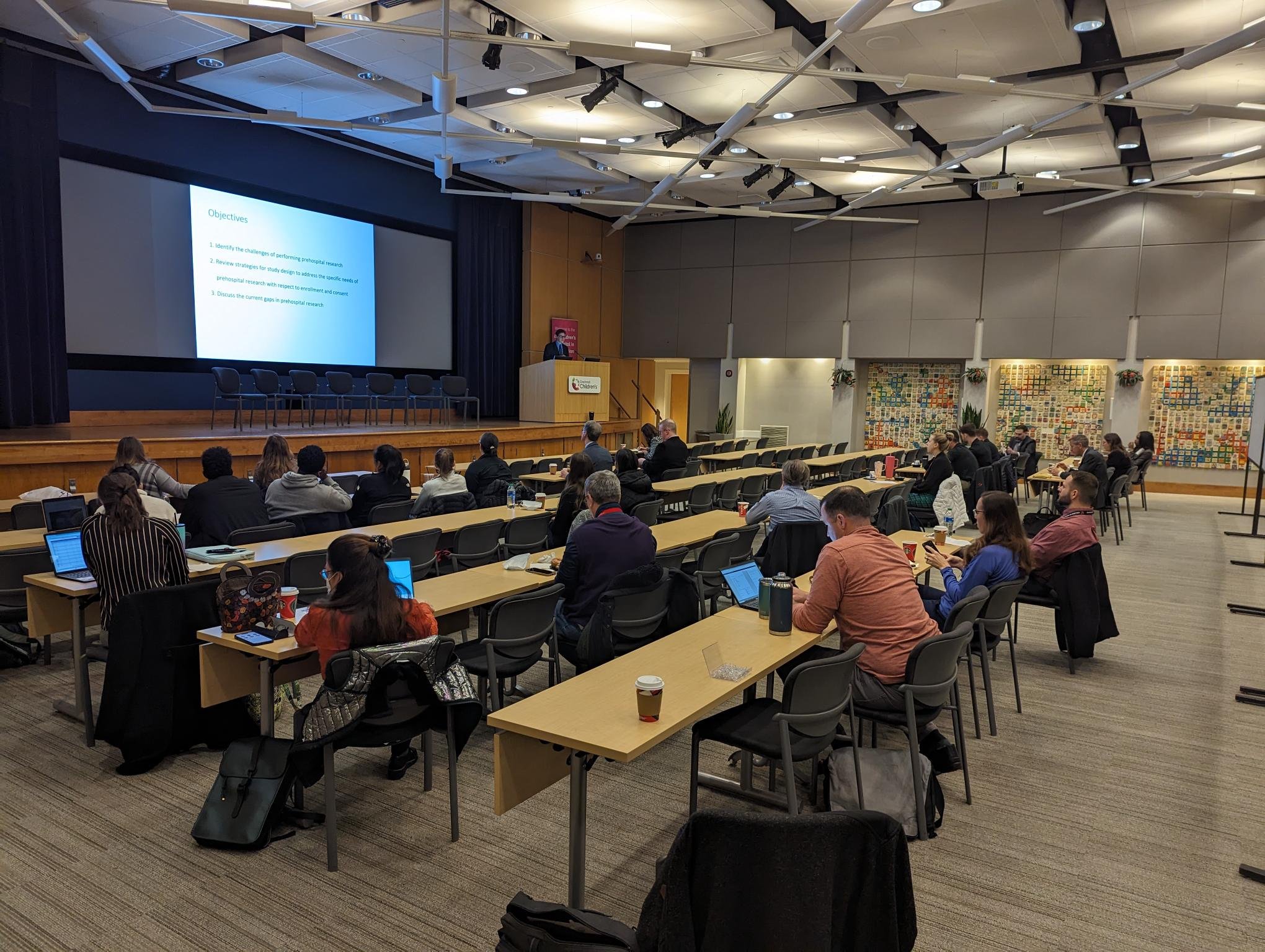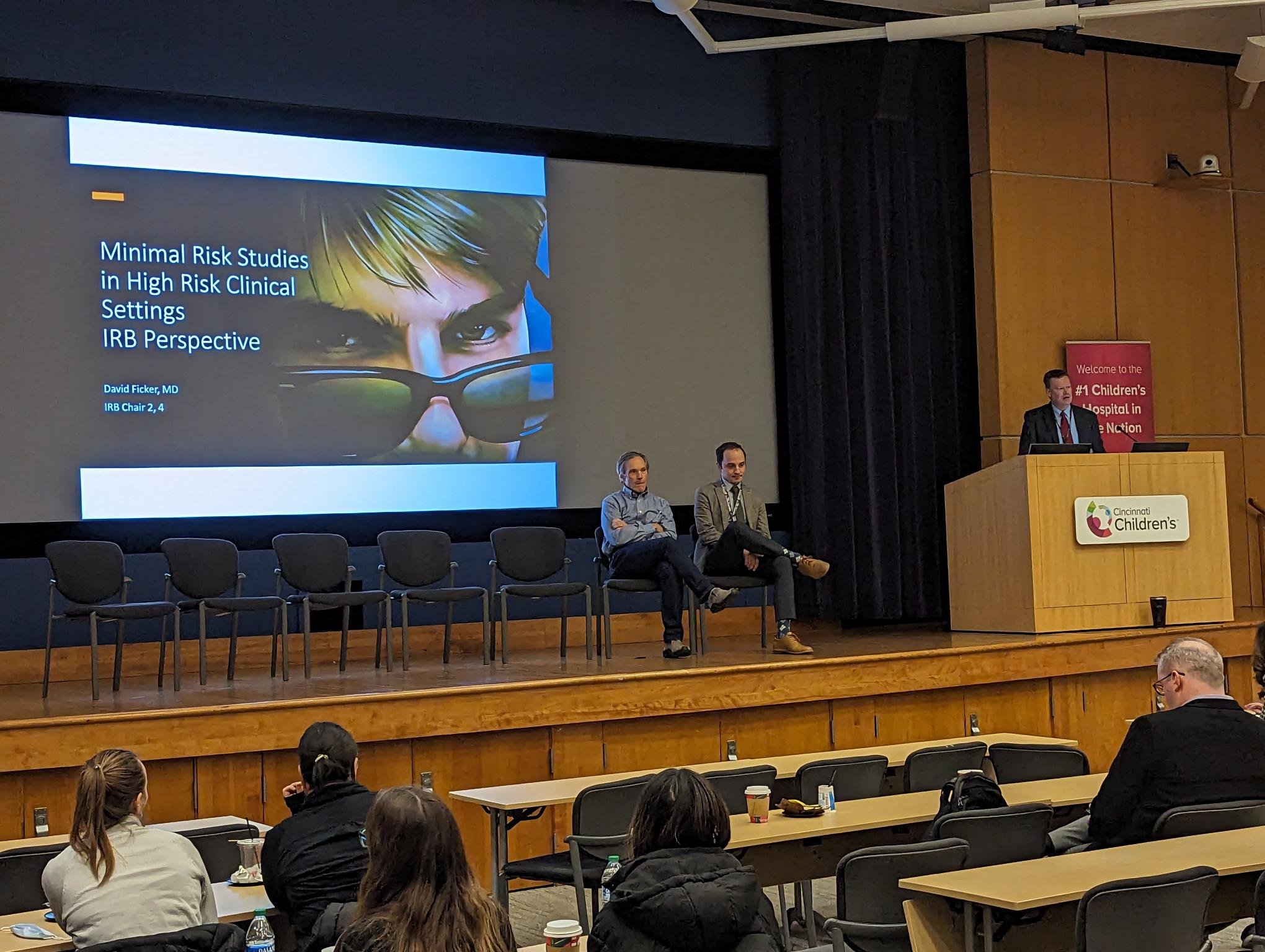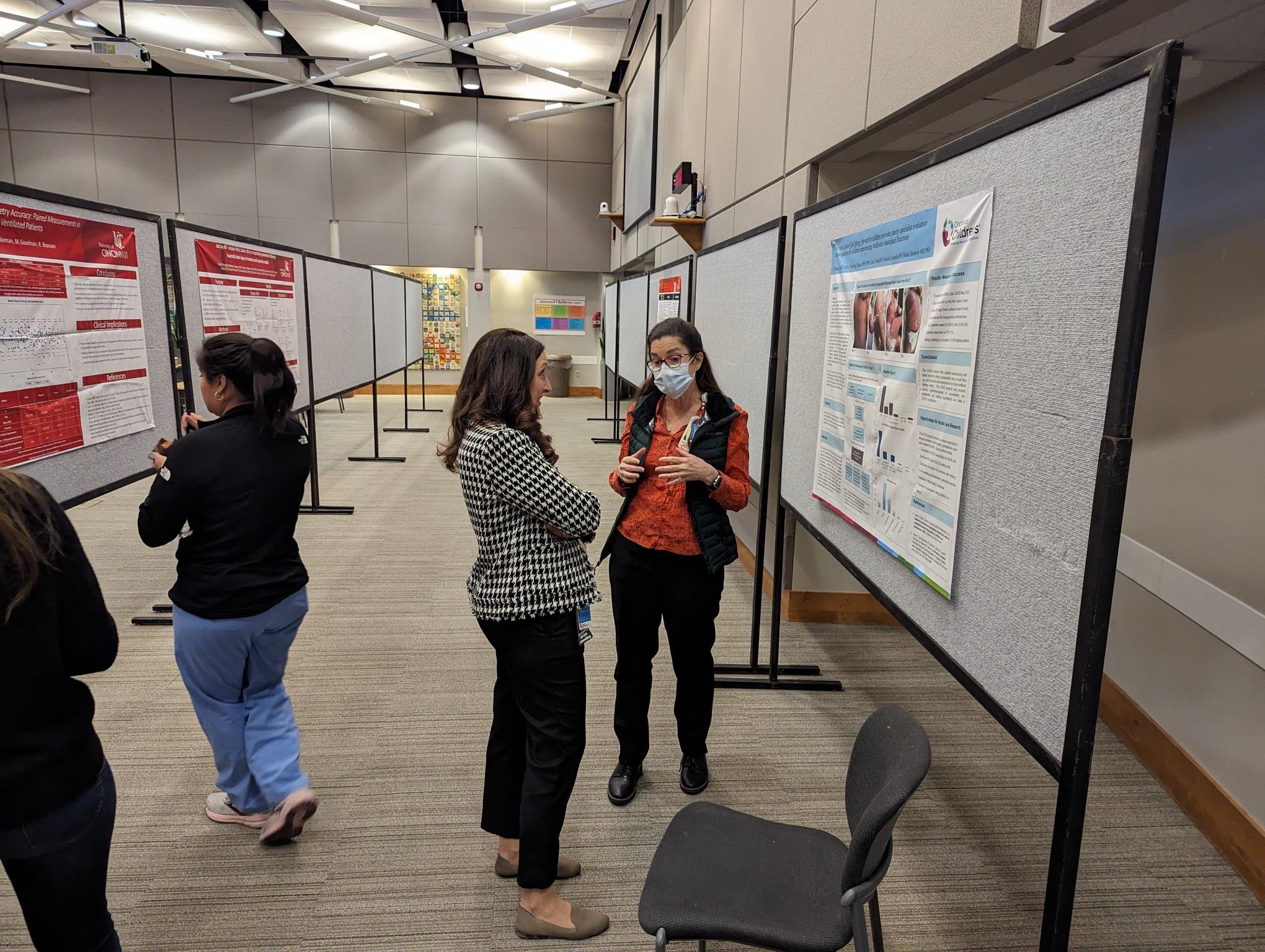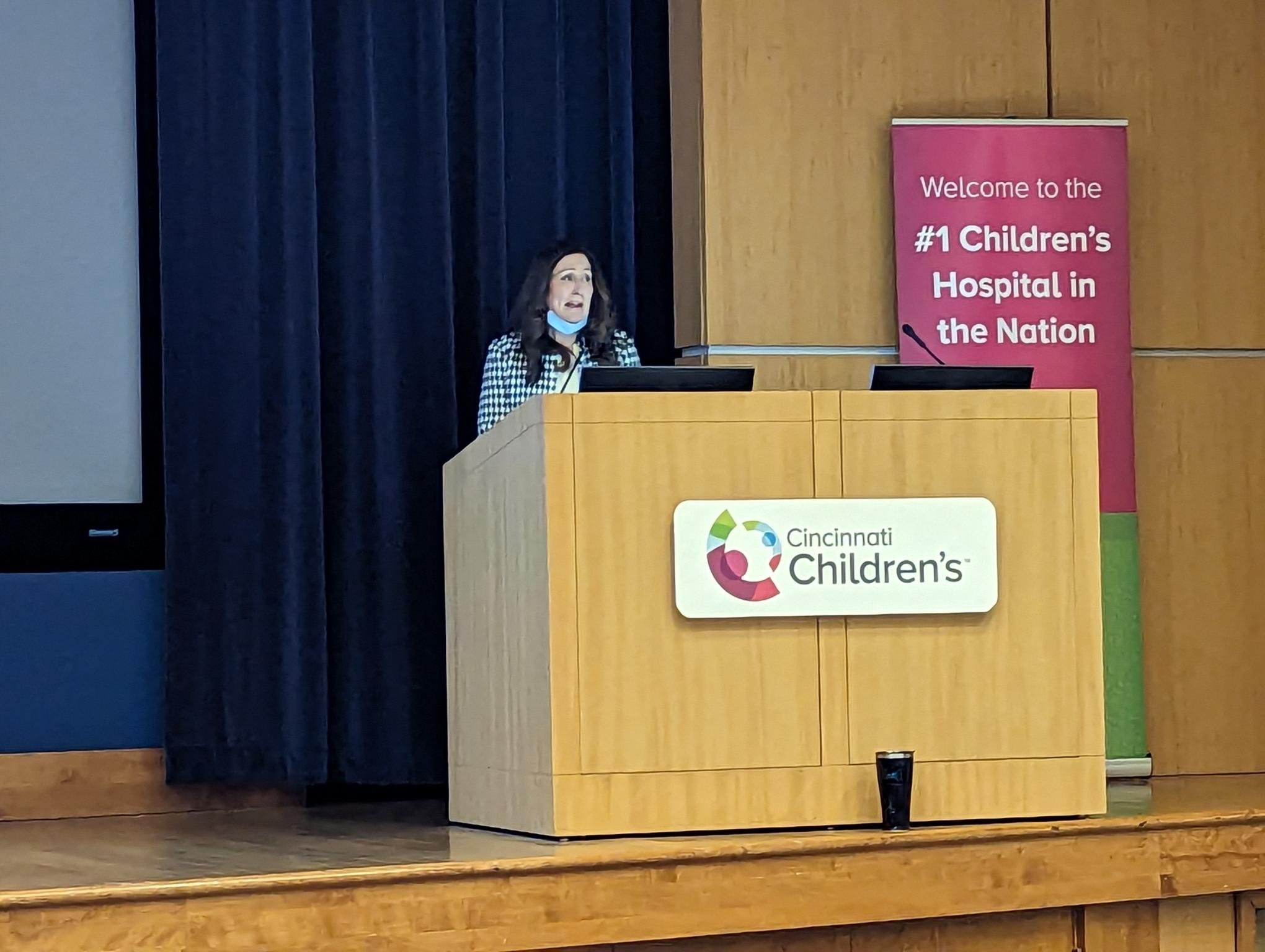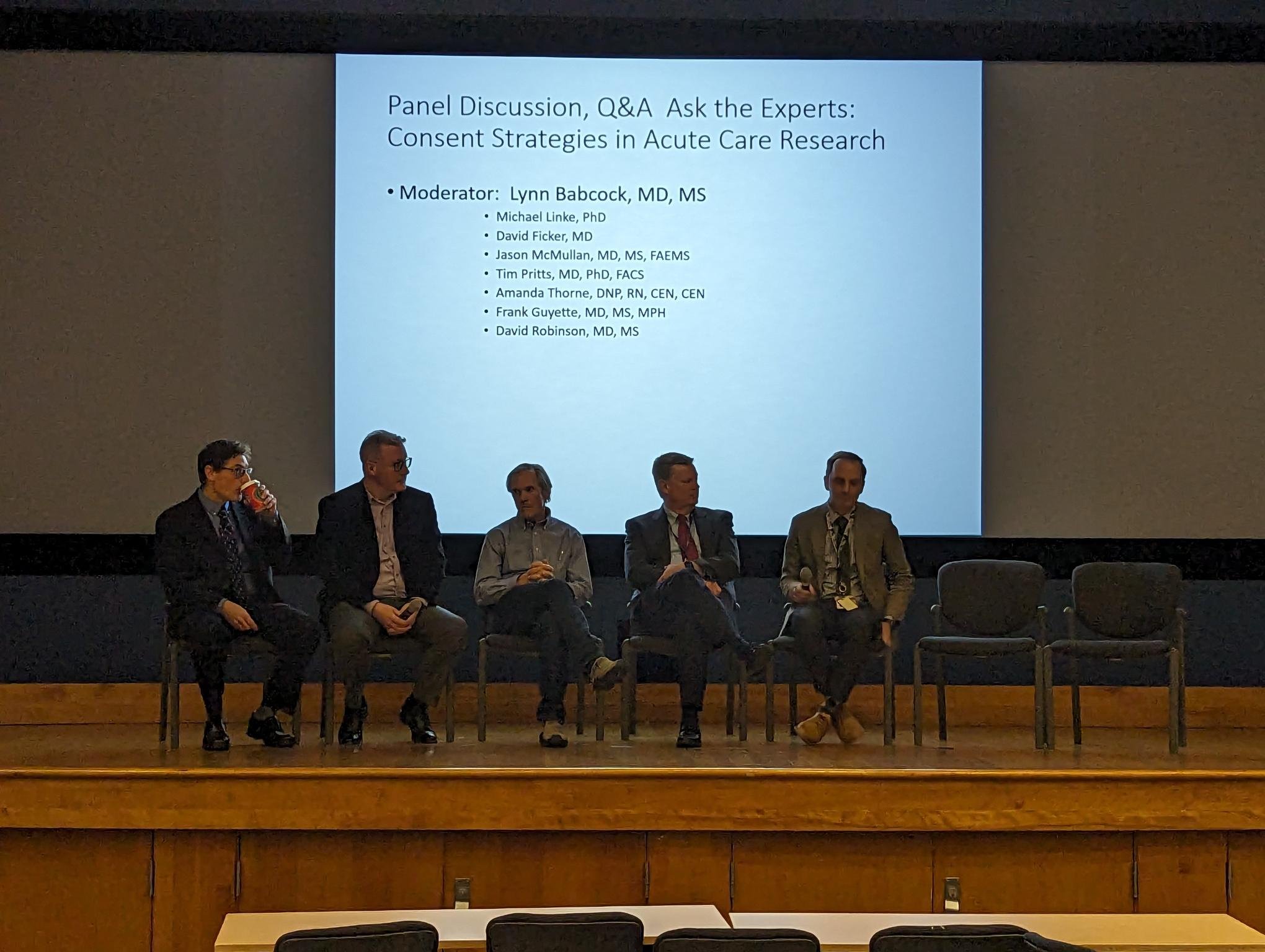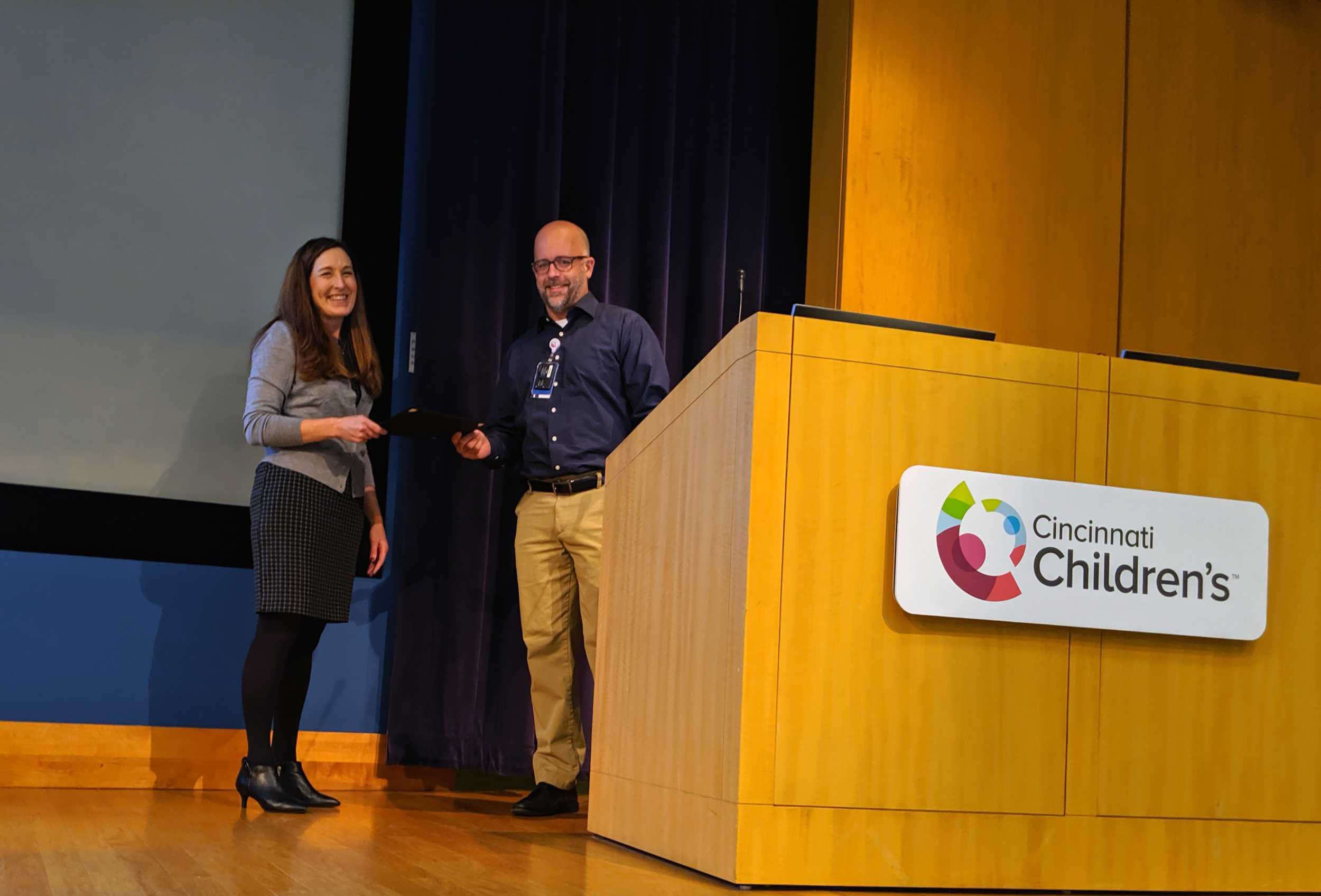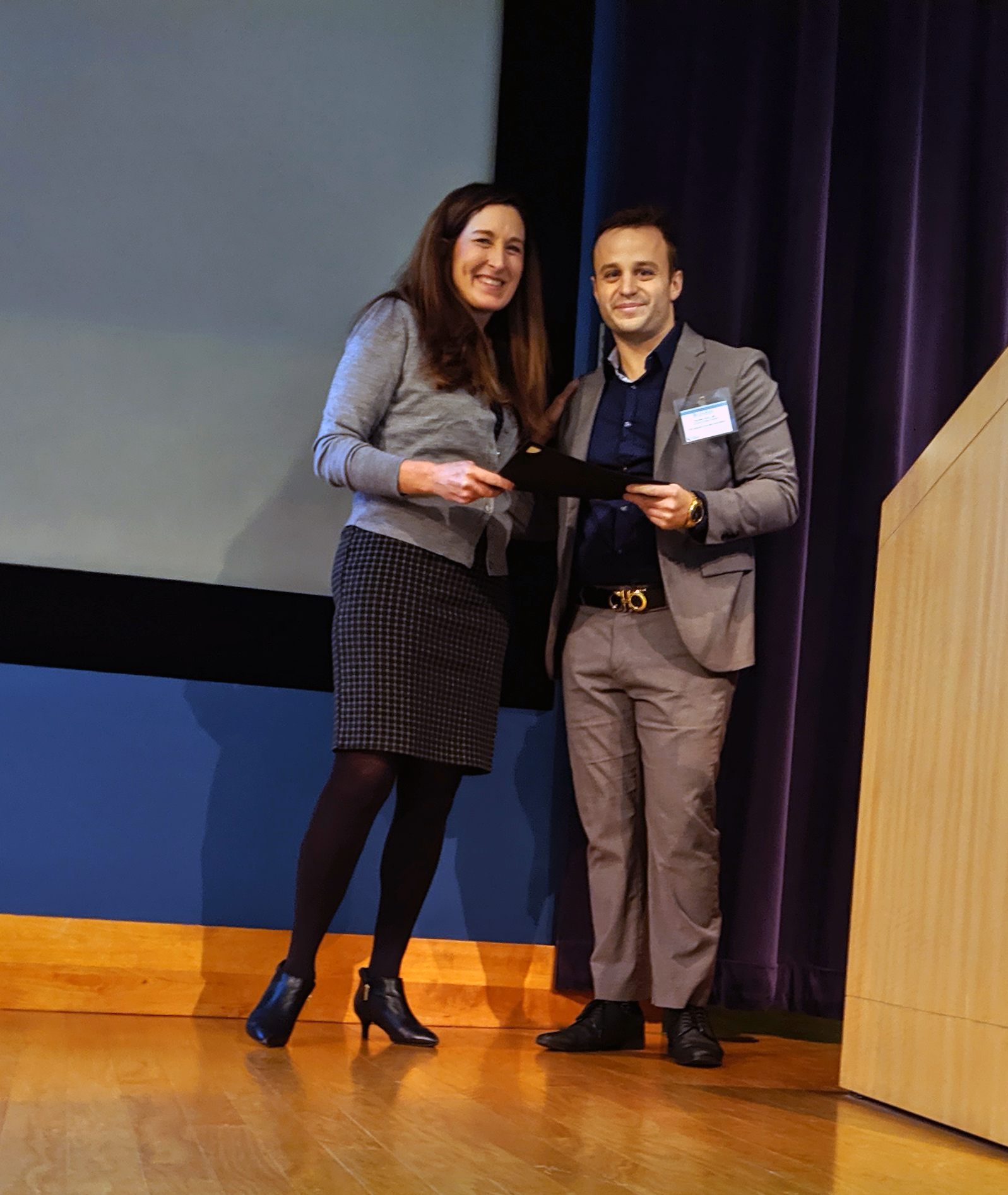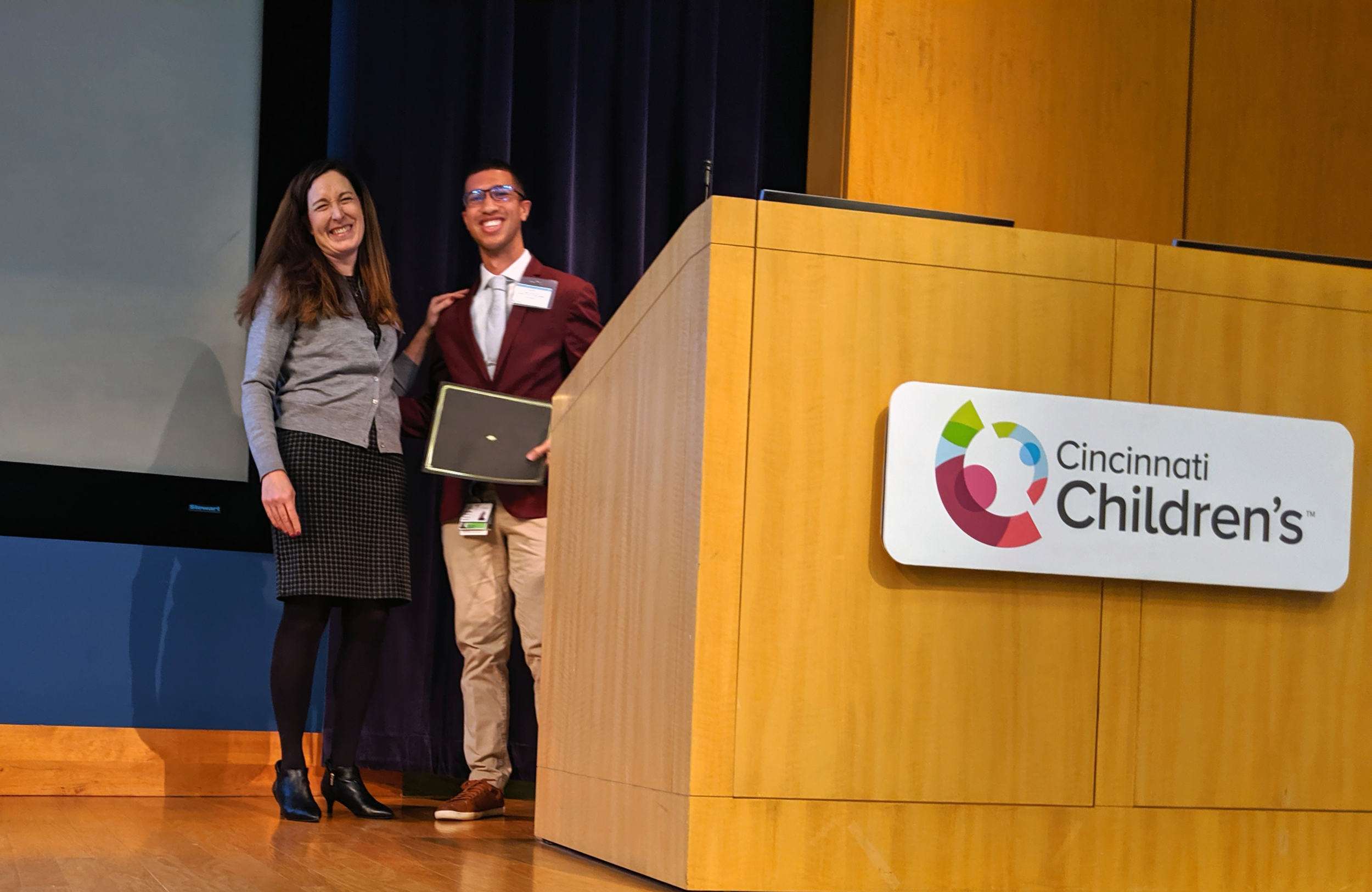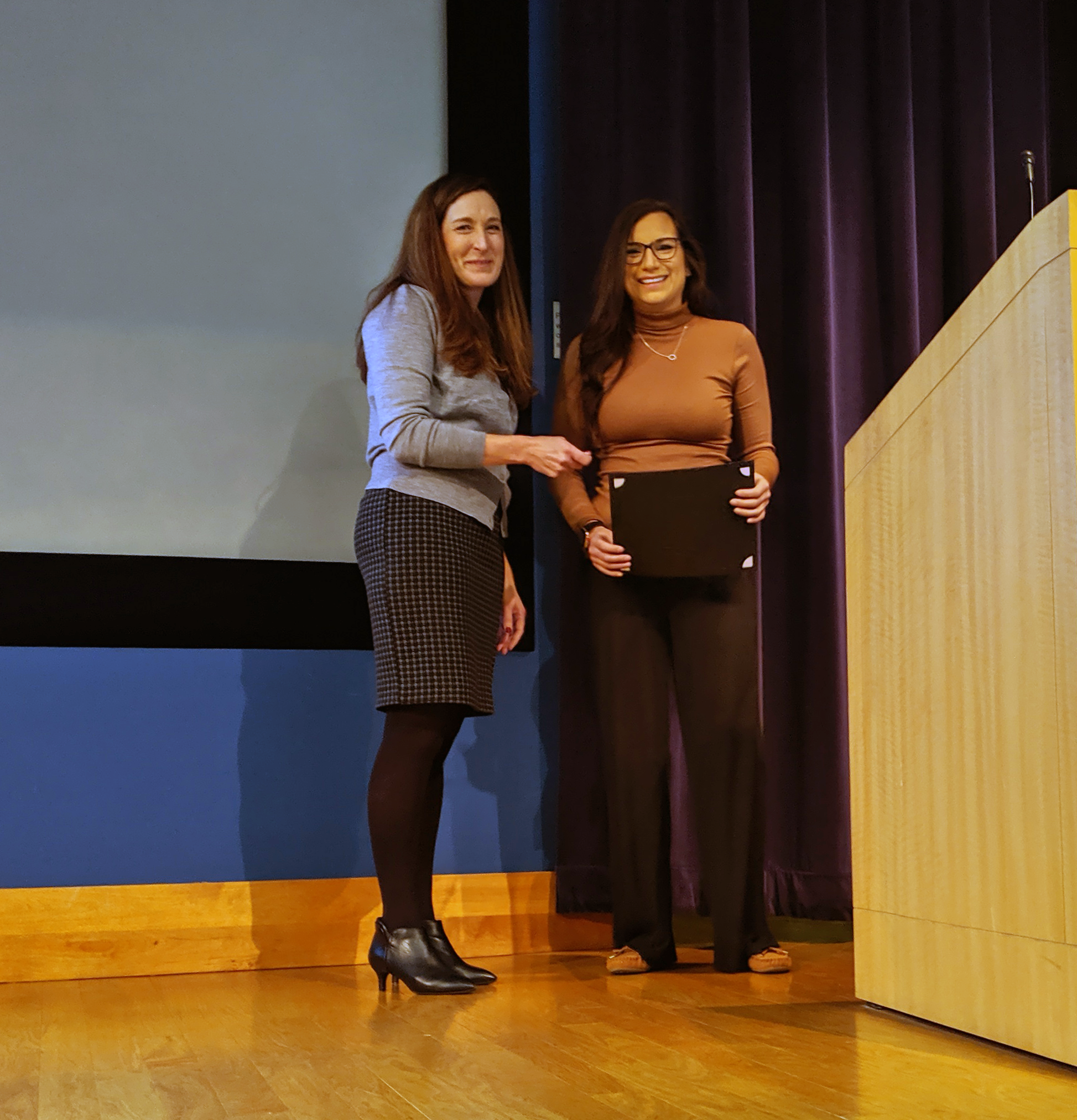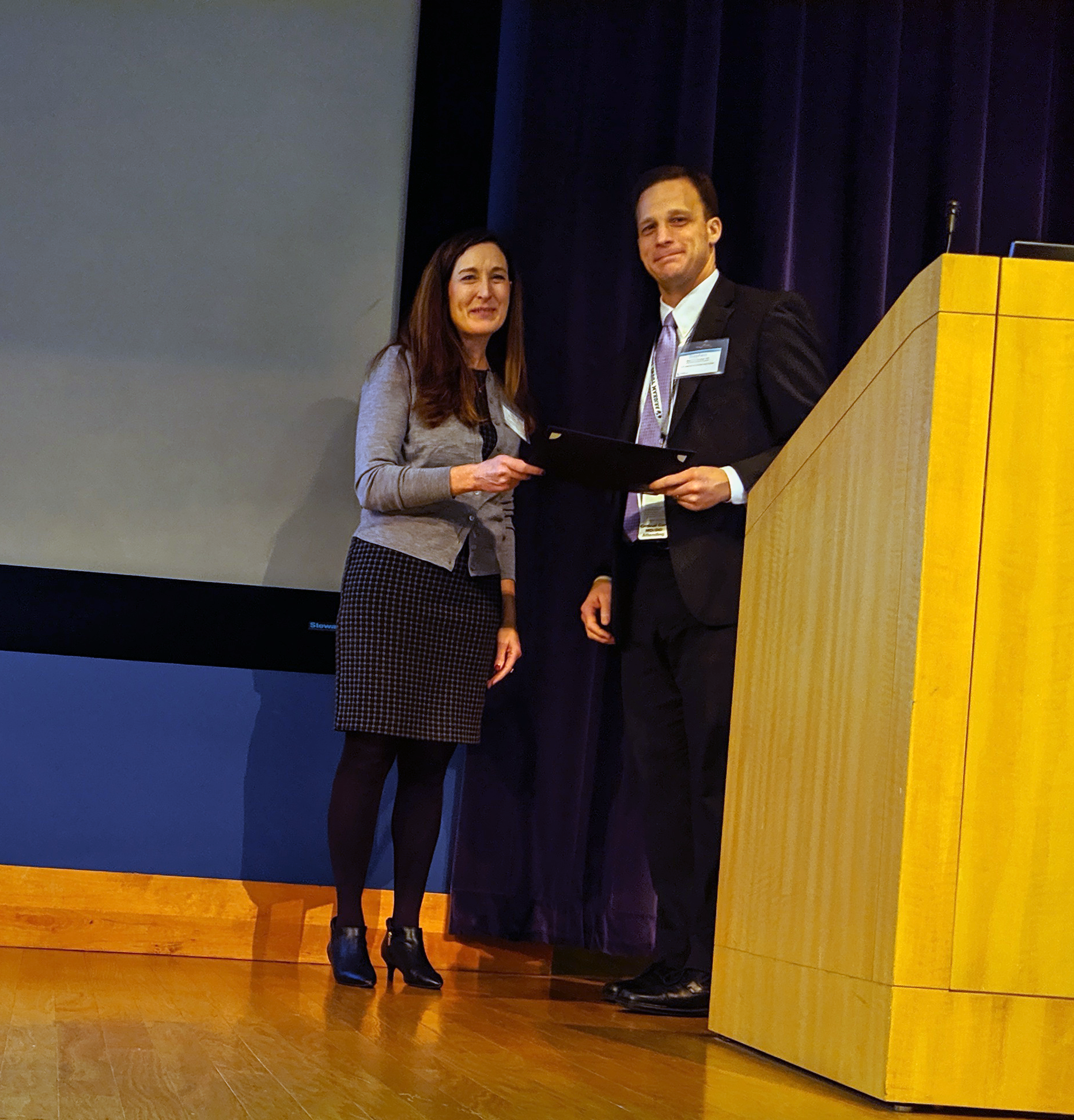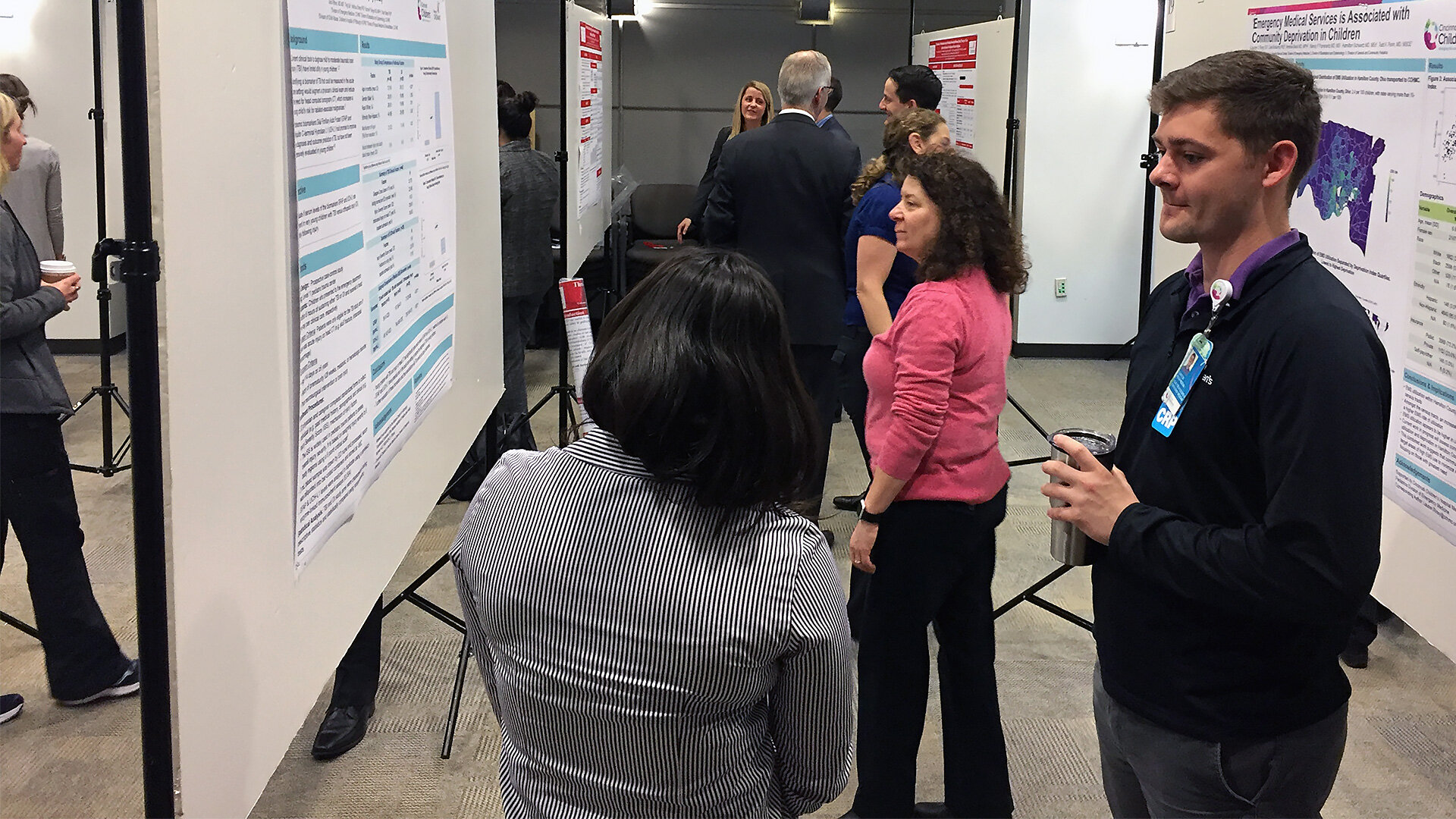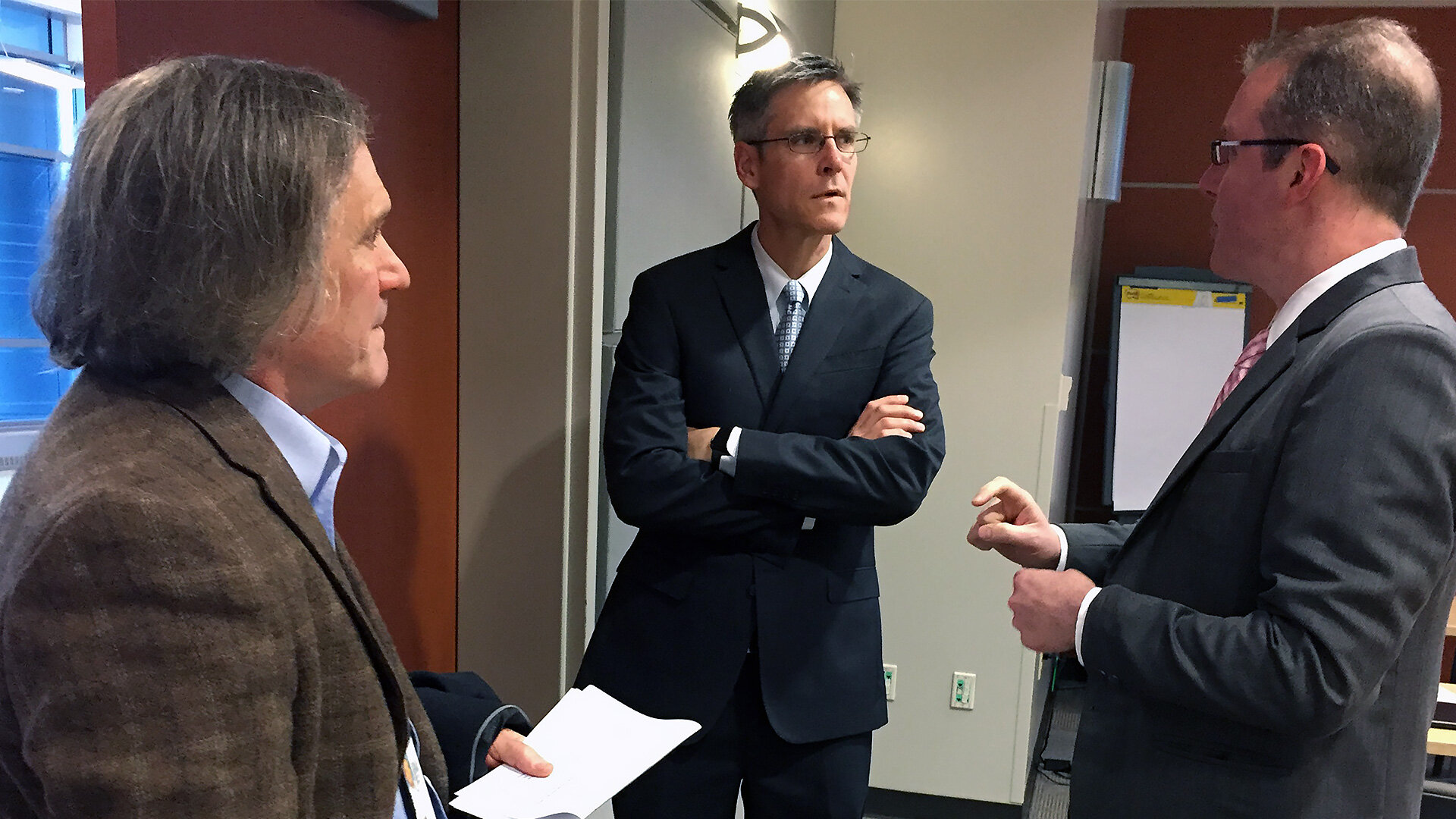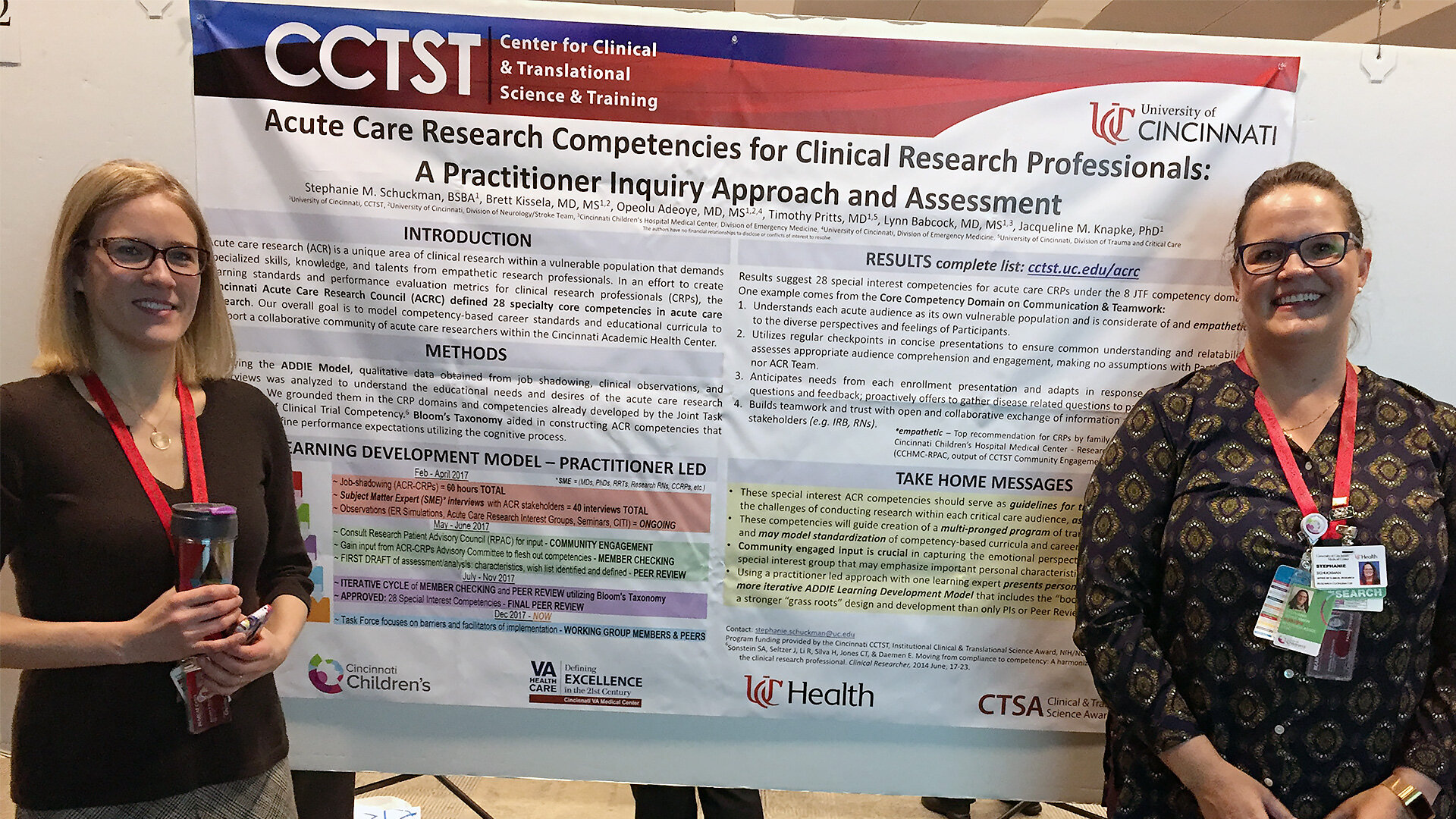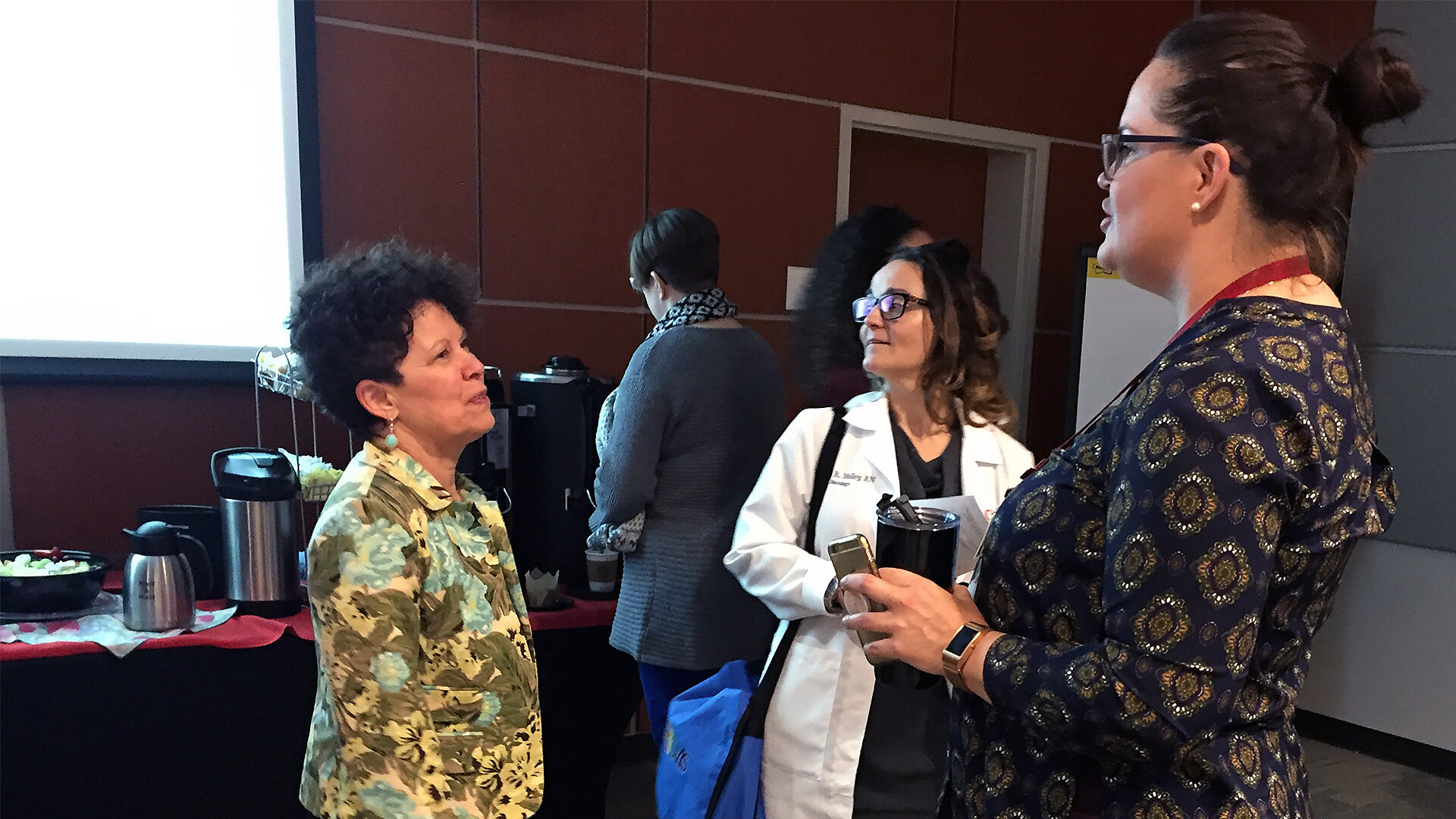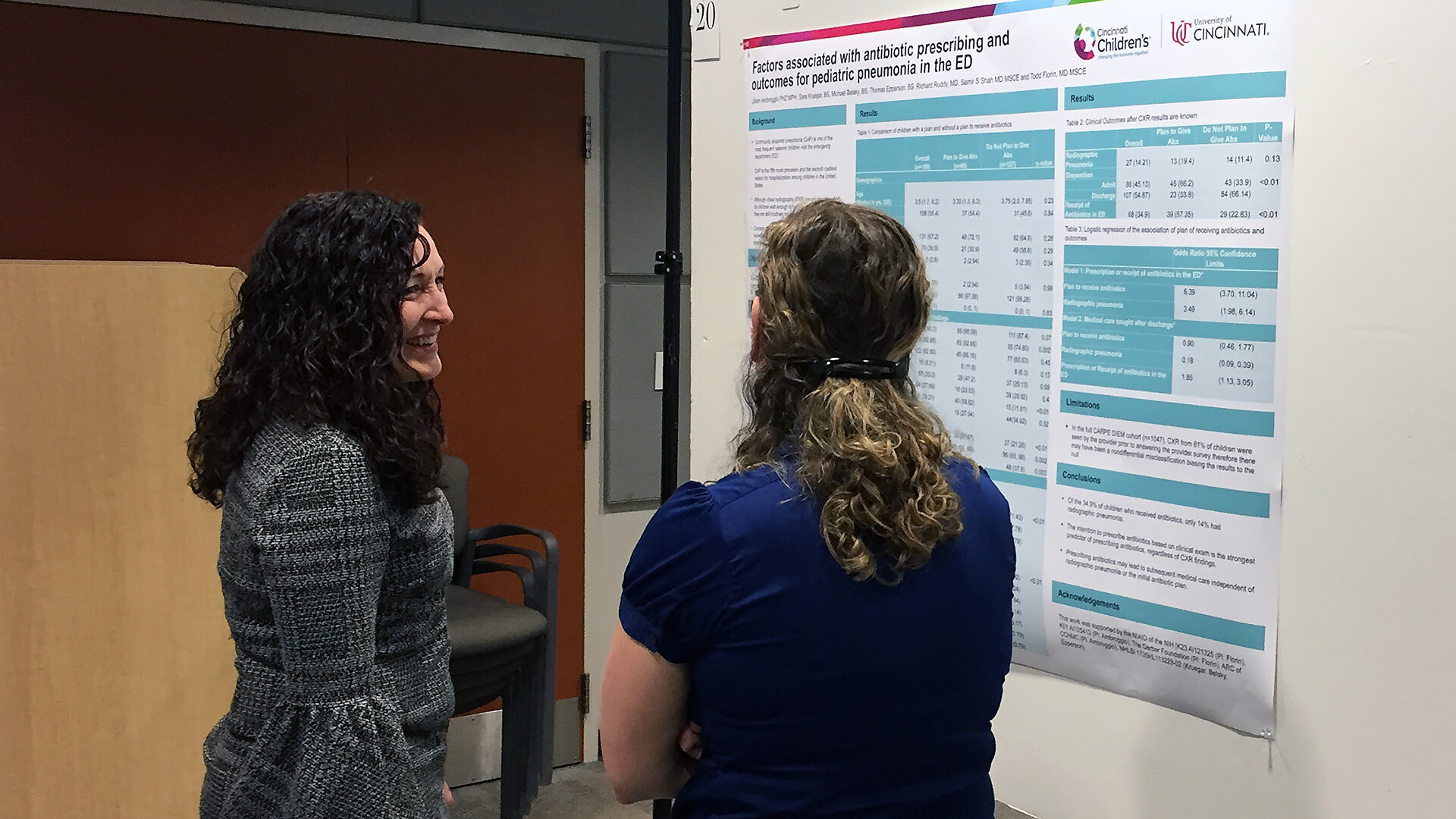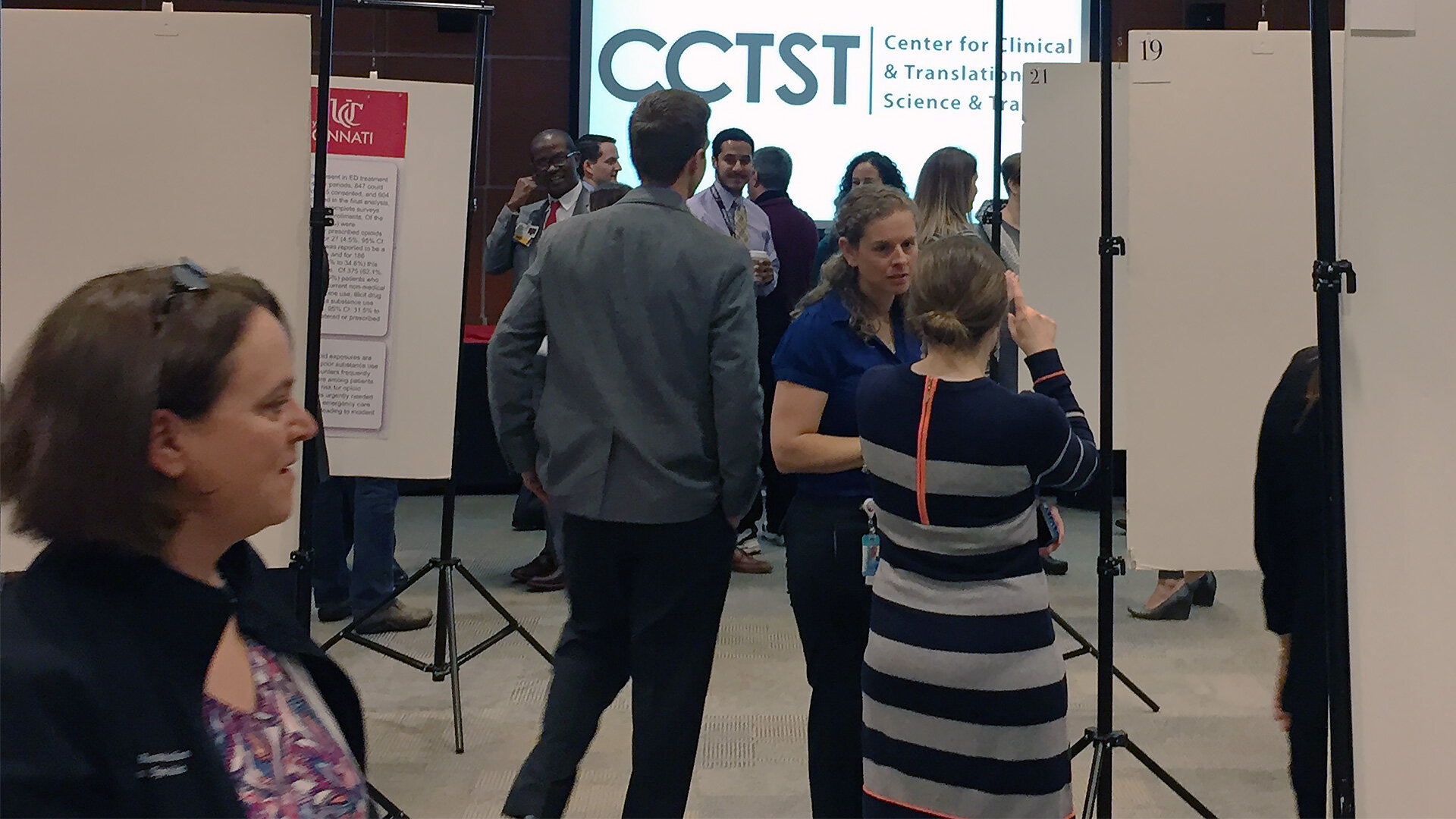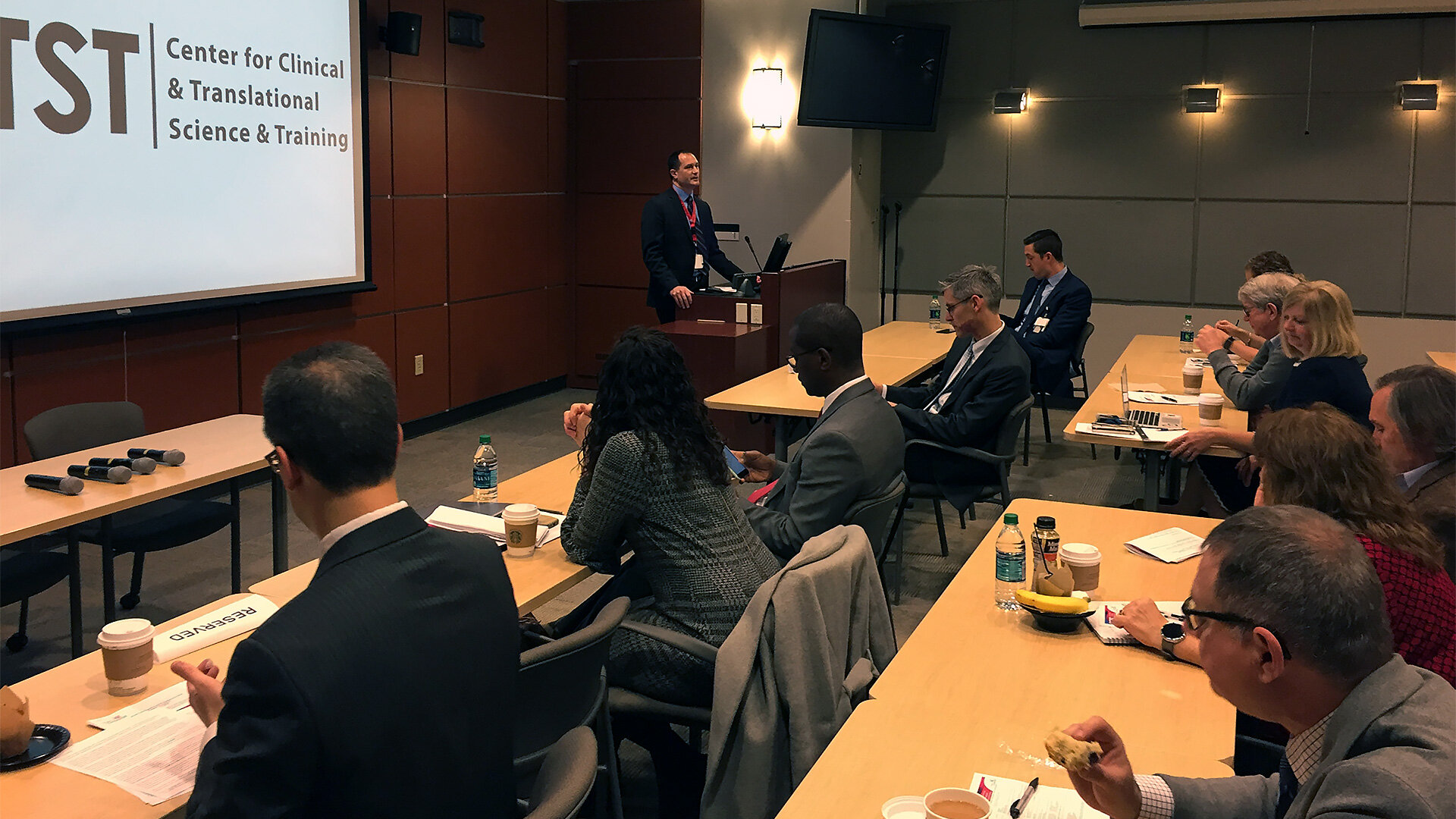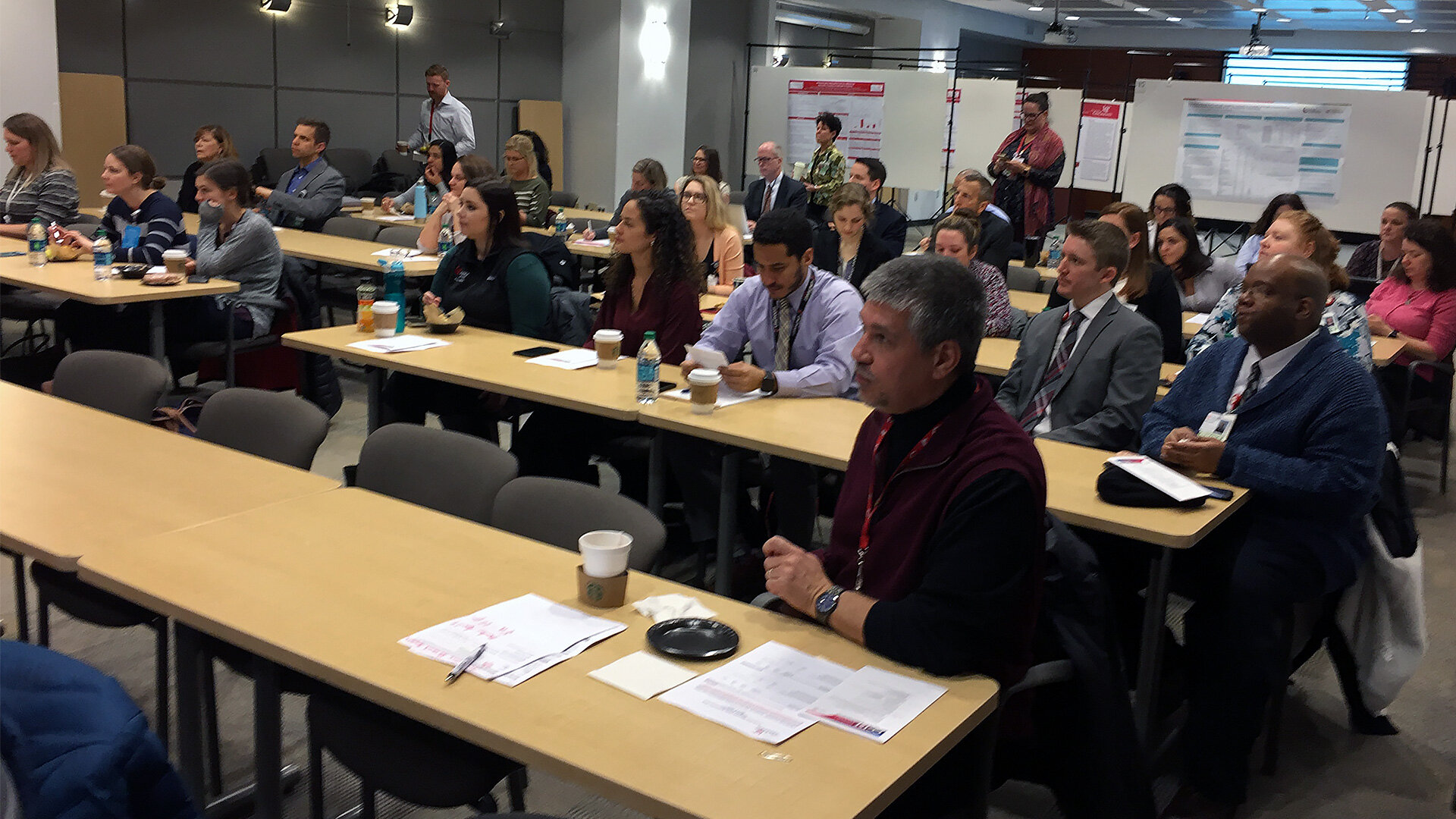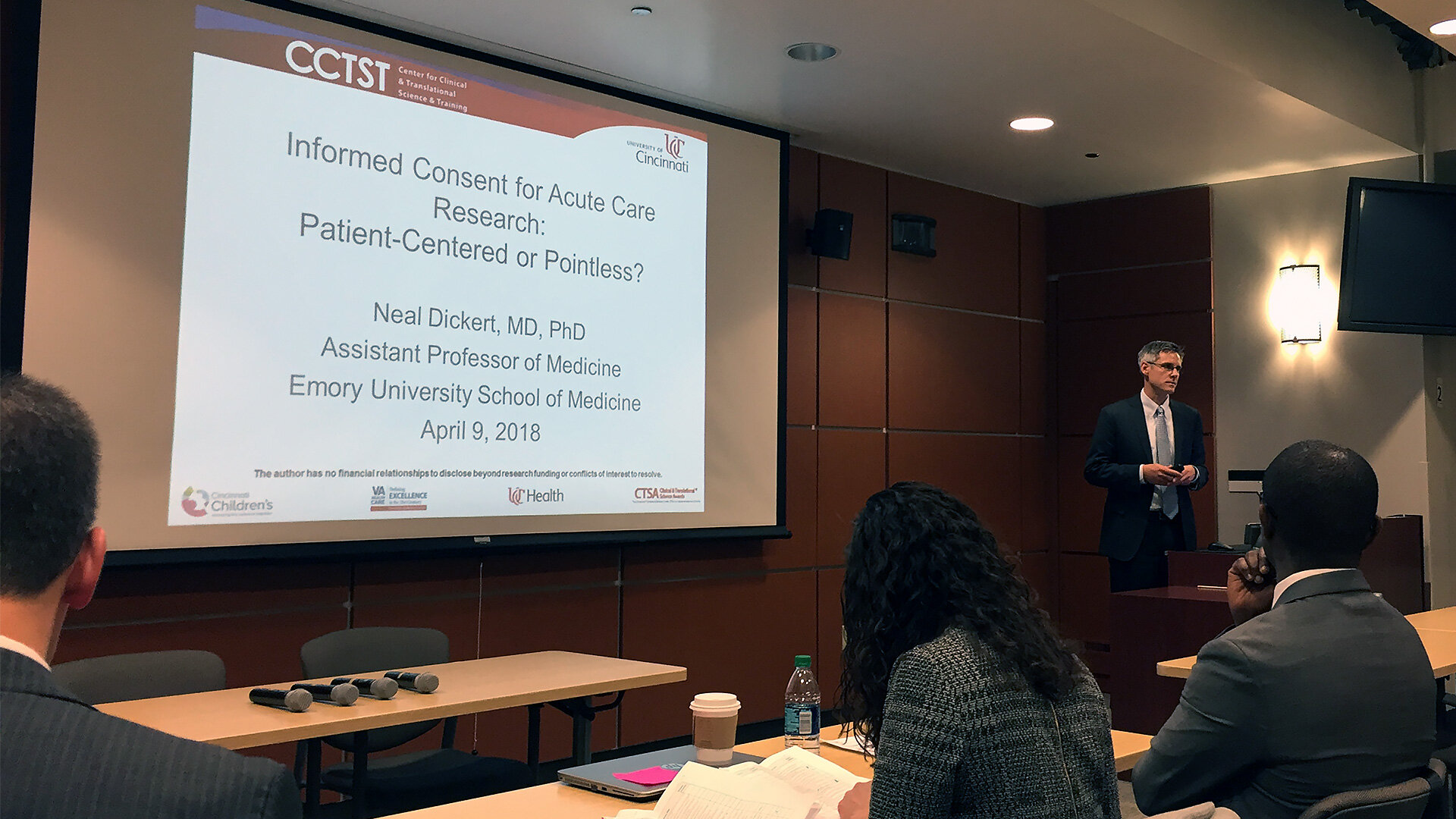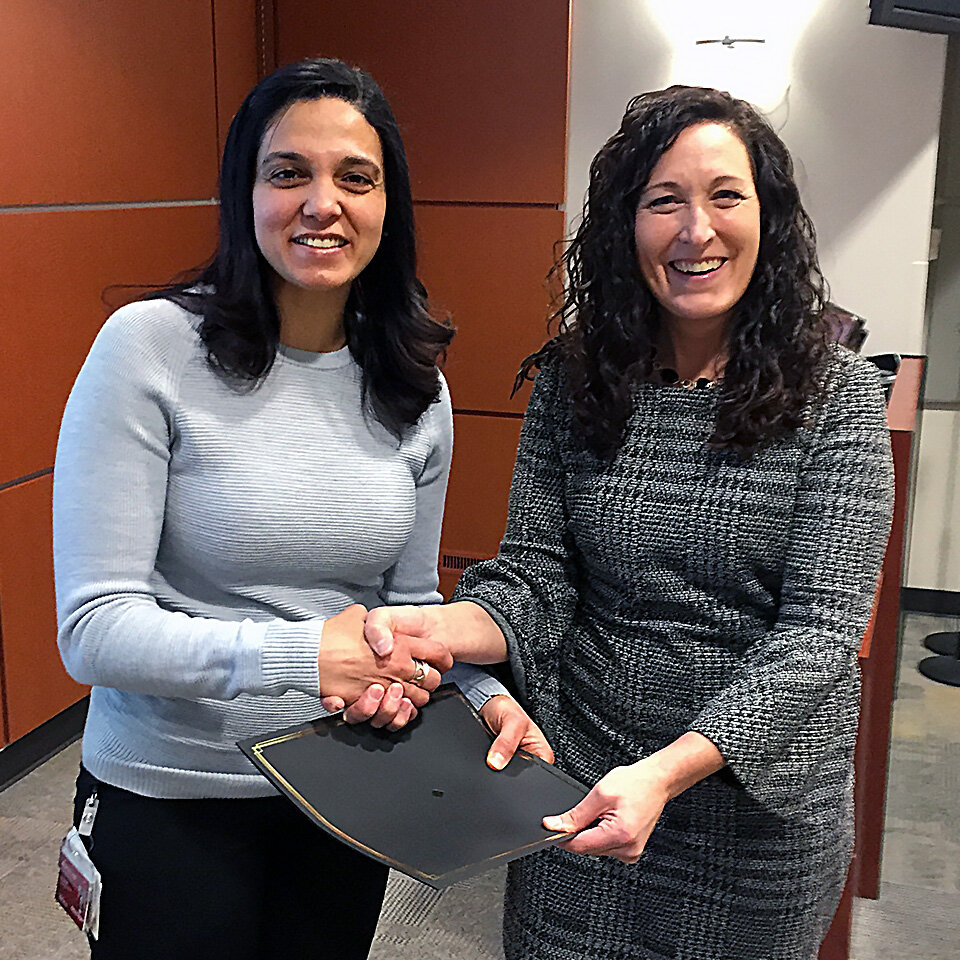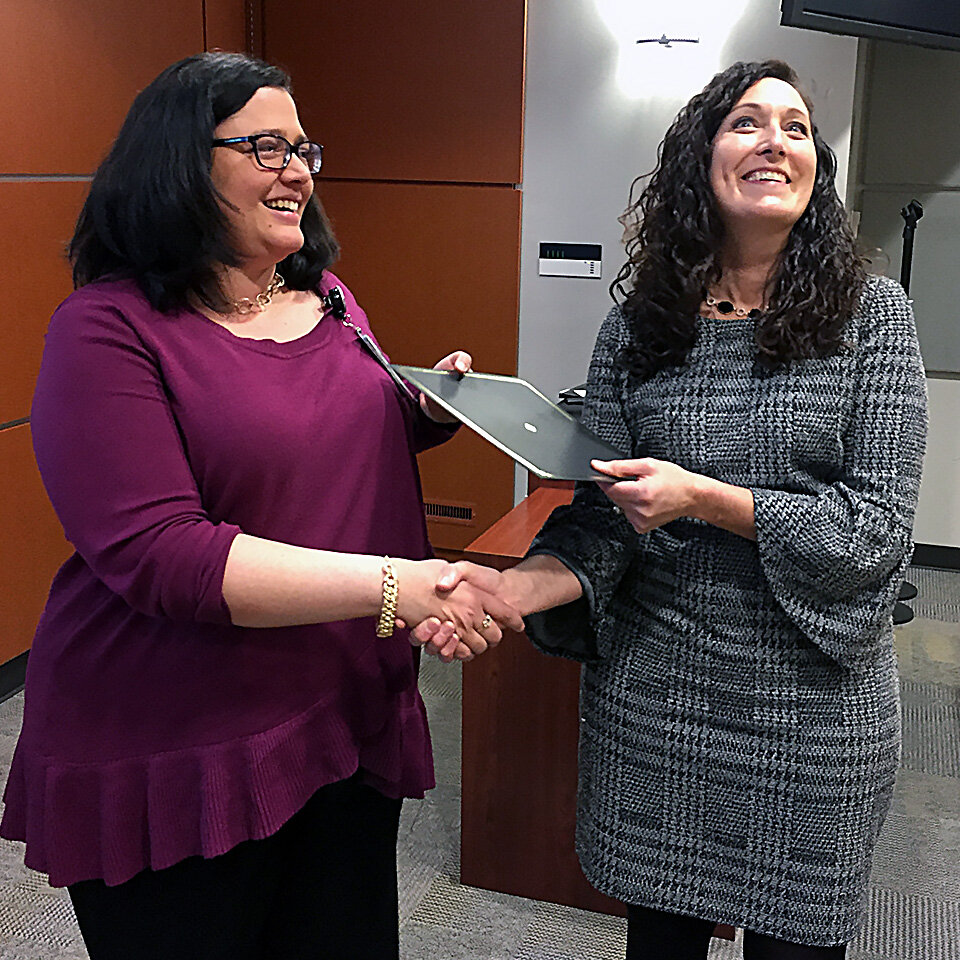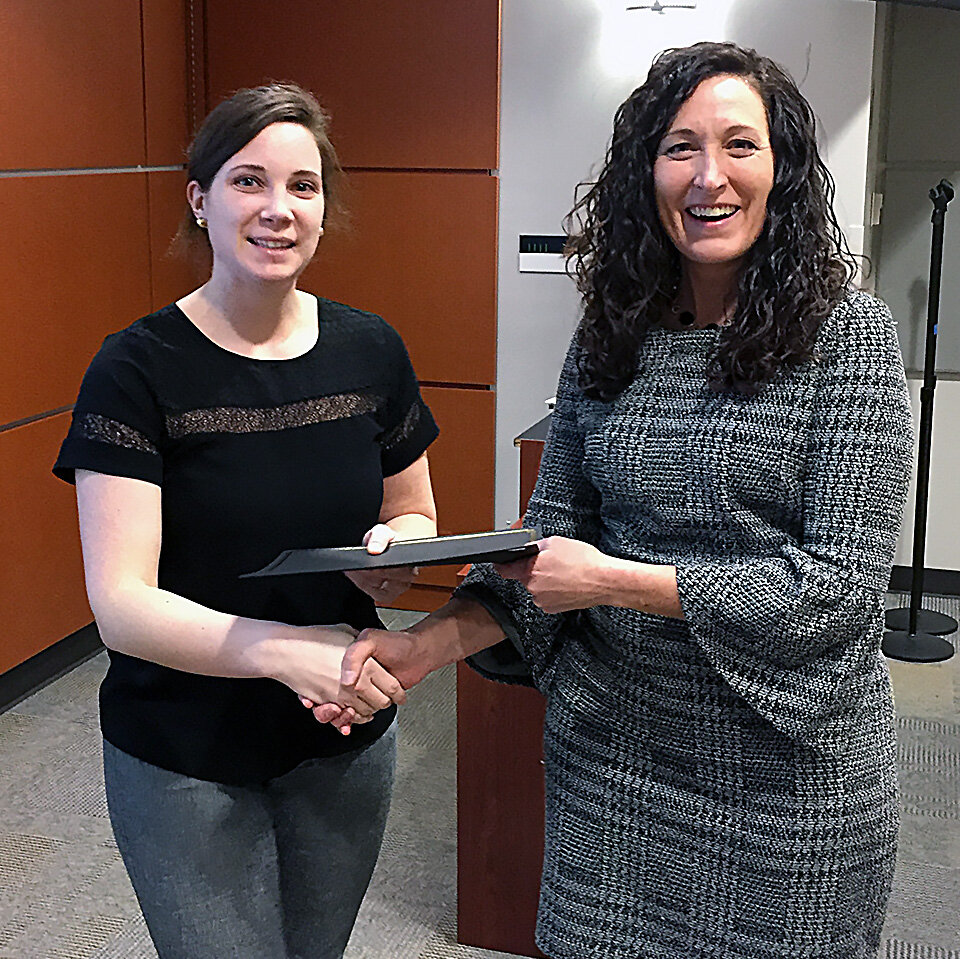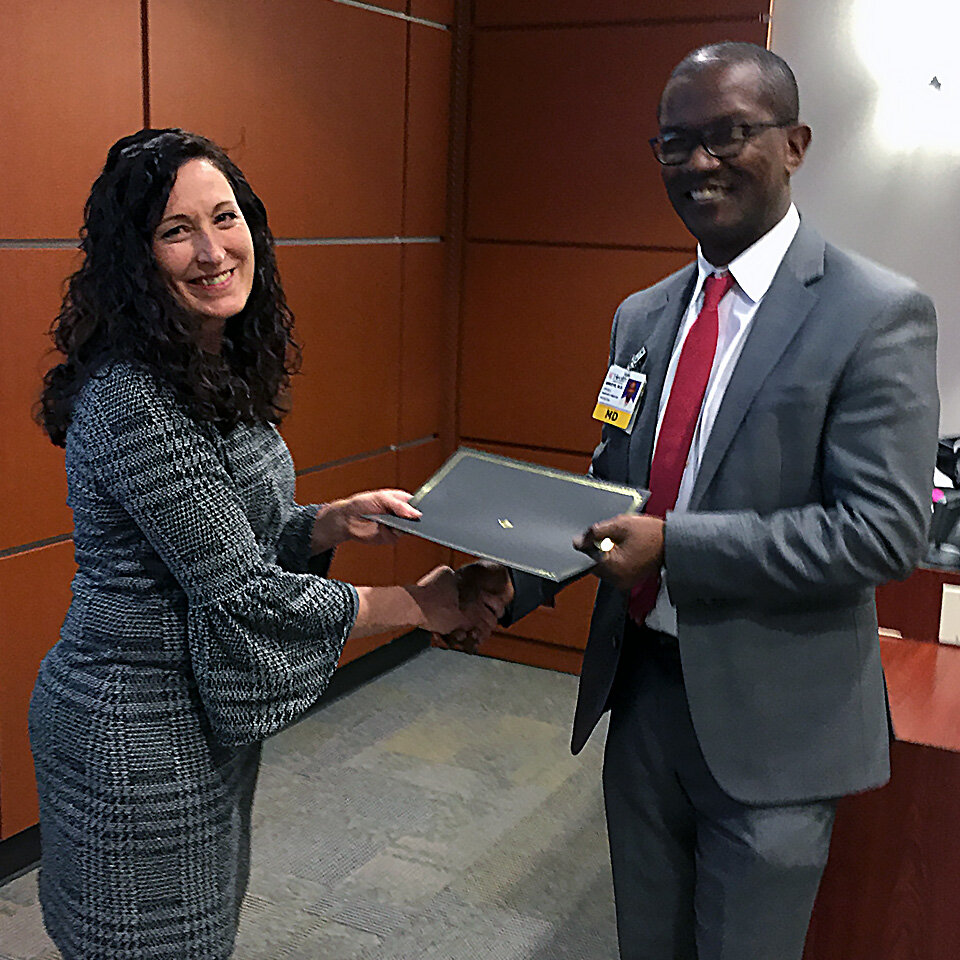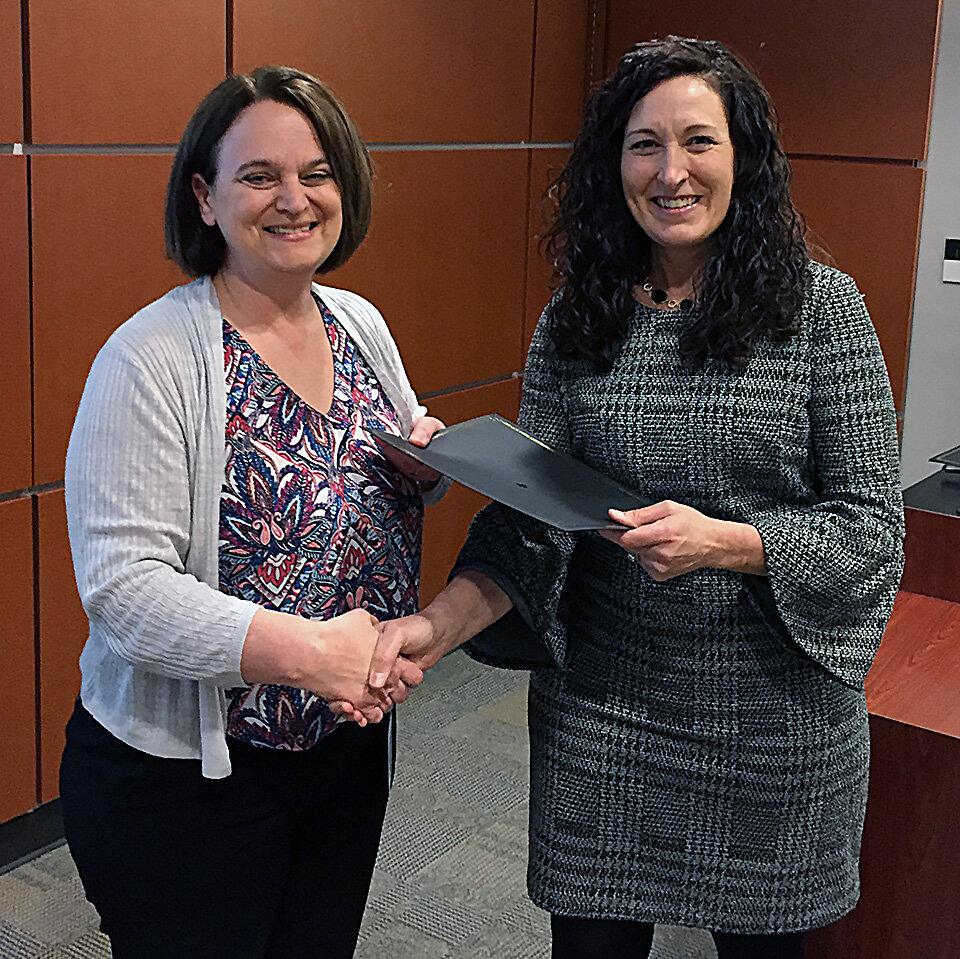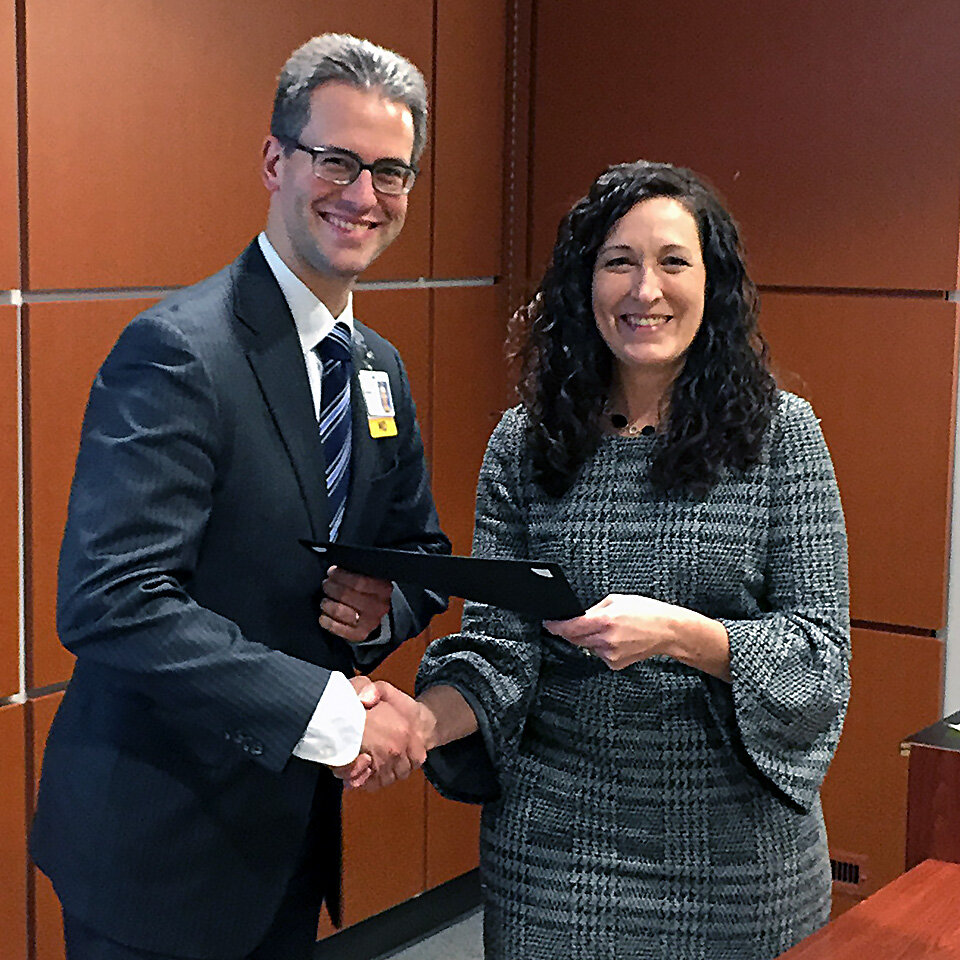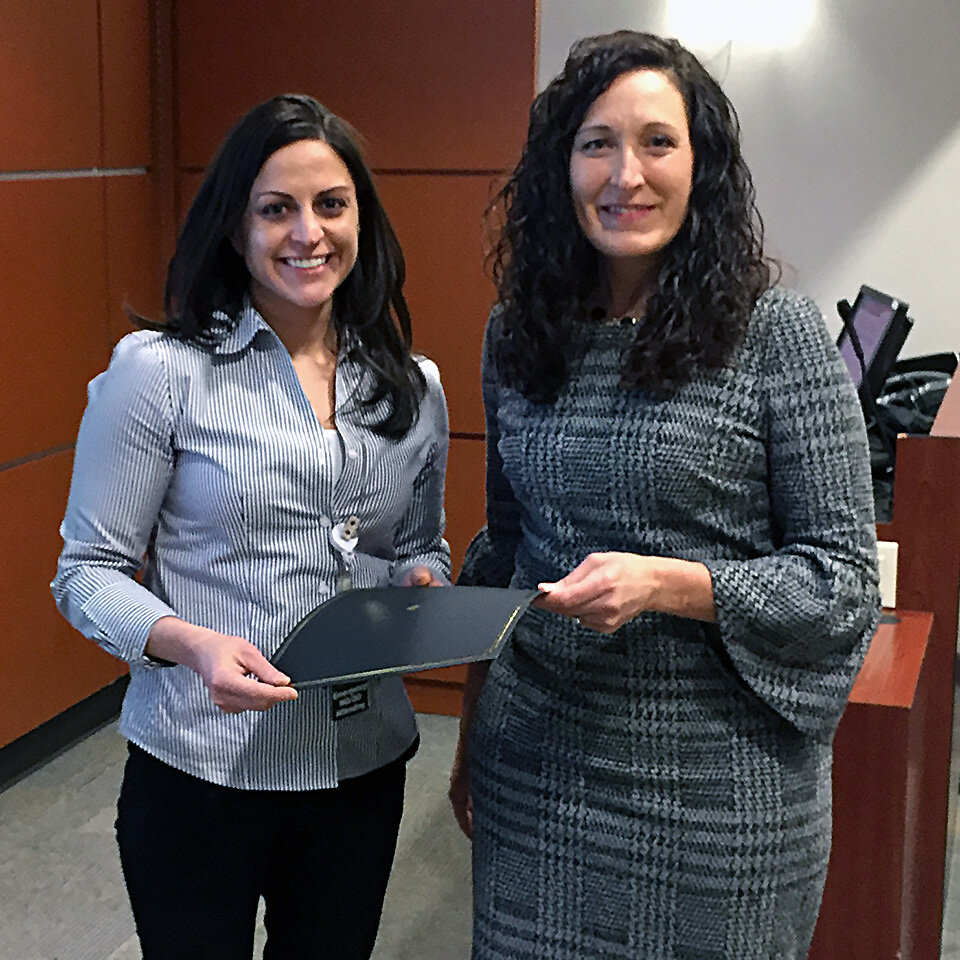This summer, R. Duncan Hite, MD, joined the University of Cincinnati (UC) College of Medicine Division of Pulmonary, Critical Care and Sleep Medicine as professor and Mark A. and Alice W. Brown Chair in Internal Medicine, and medical director of the Medical Intensive Care Unit (MICU) at UC Medical Center. Dr. Hite previously worked at Cleveland Clinic as chair and director of research for the department of critical care medicine in the Cleveland Clinic Respiratory Institute.
Dr. Hite has a robust laboratory and clinical research program focused on acute lung injury and ICU clinical trials, and is the principal investigator for the Ohio Consortium Clinical Center for the National Health Lung and Blood Institute Prevention and Early Treatment of Acute Lung Injury Network. He also spent 20 years at Wake Forest University School of Medicine, where he was chief of the section on pulmonary, critical care and allergy and director of the MICU at Wake Forest Baptist Medical Center.
Q: What can you share with us about your background?
My father worked in the oil industry, so my childhood was spent in a unique combination of Oklahoma, Texas and London, England. After England, I returned to Texas for college at Southern Methodist University, and medical school at the University of Texas Medical School at Houston. My wife and I met in college and were married in Houston, then moved to Virginia for residency in internal medicine at the University of Virginia Medical Center and fellowship in pulmonary and critical care medicine at the University of California, San Diego Medical Center. My first faculty appointment was with Wake Forest University, where I was fortunate to be offered many opportunities that helped grow my career. In 2013, I accepted the opportunity to become the inaugural chair for the new department of critical care medicine in the Respiratory Institute at the Cleveland Clinic, and helped grow and deliver high quality critical care and critical care research across a large healthcare delivery system.
Q: What are your goals for the MICU at UC Medical Center?
My first priority from the start and throughout my time at UC Health will be to assure that the Medical ICU performs as a high-functioning clinical unit that consistently serves to optimize the care it provides to patients, and provides a positive experience to the patients and their loved ones. Patient care in an ICU requires the contributions and coordination of care being delivered by a wide variety of care providers including doctors, nurses and many more. To achieve hiqh quality and reliability, our unit must create a work environment in which all those providers feel supported and respected. One factor that contributed to my decision to accept this position is that the Medical ICU already had several of these pieces well established. Of course, I have a reputation for and a lot of passion to grow research around critical care, but that research requires a high-functioning clinical operation that excites everyone including the providers and leadership.
Throughout my life, I played a lot of sports and was always more excited about the team sports than the individual sports. Critical care is very much a team sport because none of us work 24 hours a day, seven days a week. When someone comes into the ICU, what they need in the way of care is 24/7 and you’re always going to be handing patients off to other providers, and those handoffs need to provide a seamless, consistent standard of care.
Q: What impact do you see yourself having in critical care at UC?
I think I’ll be able to offer some opportunities to help galvanize the team and make sure people are functioning in a cohesive way. When you pull it all together and the work of all disciplines becomes more synchronized, the environment becomes even more work-friendly and capable to develop novel approaches for the delivery of critical care. Once at this level, we will have maximized our ability to strengthen our reputation as a regional, national and international leader in critical care delivery and research. Another unique attraction that drew me to this position at UC Medical Center is the opportunities for our Medical ICU team to collaborate with other national critical care leaders including emergency medicine and acute care surgery.
I have also been fortunate enough to lead and participate in over 50 clinical research trials focused on identifying new treatments and improving outcomes for patients with critical illness. Those experiences have helped me develop relationships with thought leaders from the National Institutes of Health, U.S. Department of Defense, medical foundations and the pharmaceutical industry. Most importantly, I have had wonderful opportunities to collaborate with and develop friendships with countless other critical care leaders across the U.S. and abroad. Those experiences and relationships provide a large pool of resources from which our team at UC Medical Center can draw when trying to overcome a new challenge or develop a new, more effective approach to the care of our patients.
Q: What can you share about your family?
My wife, Dana, is a native of Southern California, and we celebrated our 35th wedding anniversary shortly before our move to Cincinnati. Our two daughters were born during my fellowship in San Diego, and were raised in Winston-Salem, North Carolina. Audrey and her husband, Elliott, live in New Orleans. She is an educator at the Louisiana Children’s Museum, and he is an assistant professor of economics at Tulane University. Corinne is a fourth year medical student at the UC College of Medicine, and her long term goal is a career in pediatric medicine. We are a very close family, and I owe each of them endless gratitude for their unwavering support throughout my career.
Story and photo released by UC Health Media Room - Click here to see other stories posted in the UC Health Media Room.
